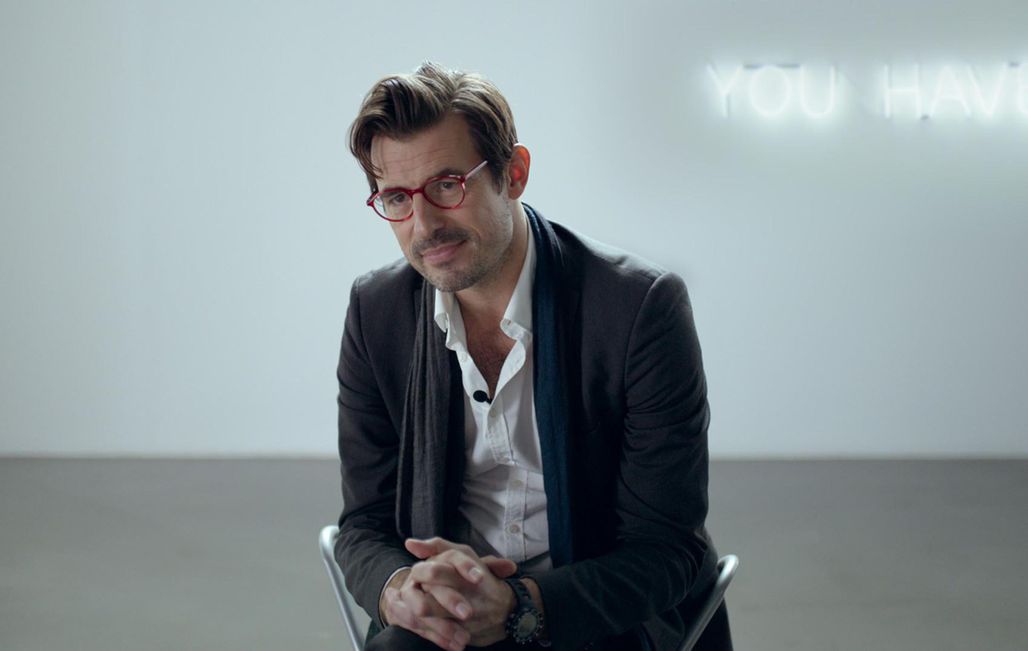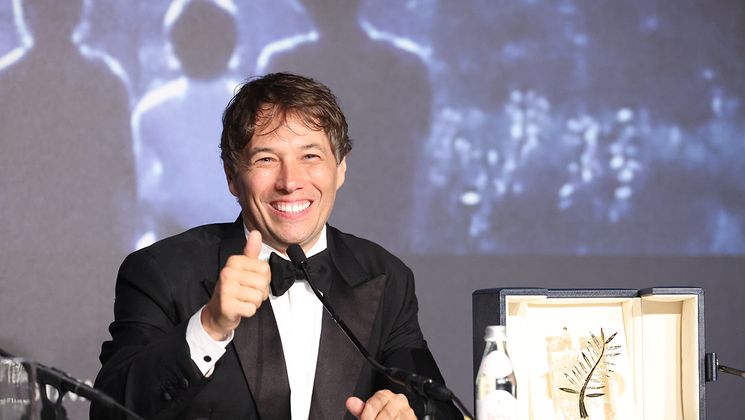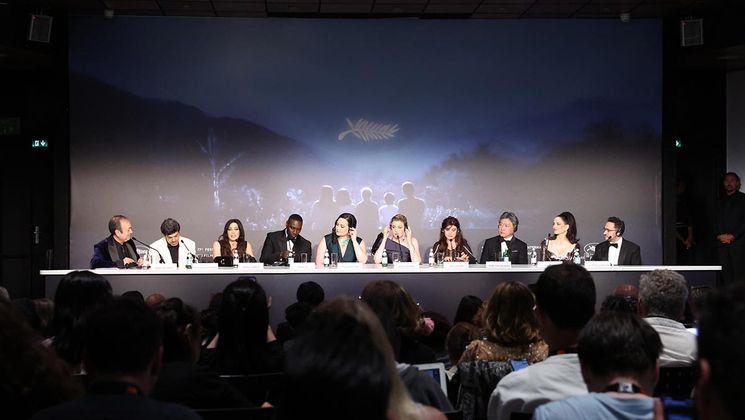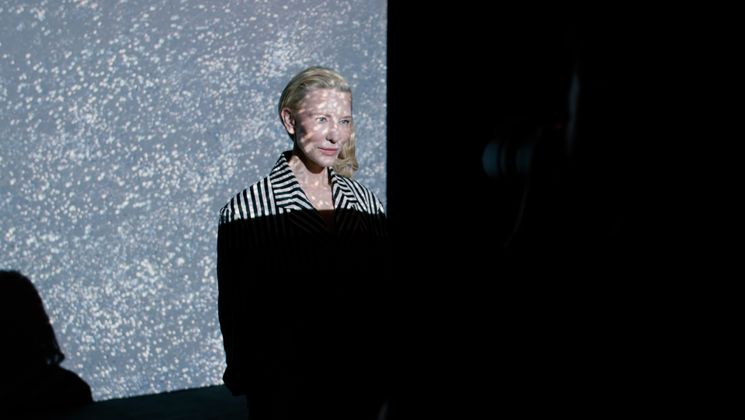
Ruben Östlund tackles social dysfunctions in The Square

After undermining the father figure in Snow Therapy, in this filmthe Swedish director Ruben Östlund reflects on altruism and the loss of values in the form of a caustic dramatic comedy. The Square marks his Competition debut.
Ruben Östlund's filmmaking was largely unknown until he emerged from anonymity in 2014 with Snow Therapy. The feature film, with its finely-honed screenplay – winner of the Jury Prize in Un Certain Regard – took an ironic look at a couple in the throes of crisis, against the immaculate backdrop of an Alpine ski resort struck by an avalanche.
Ruben Östlund is one of those filmmakers who never hesitates to jump with both feet into sensitive areas, and from his very first film, he has set out with undisguised pleasure to caricature the gradual loss of the moral values which once held our societies together. To that end, he likes to bring us characters in situations they never expected to confront, in an approach bordering on a sociological experiment.
And this is his preoccupation once again in The Square, which tells the story of Christian, a father loved for his human values and the quality of his work in a Swedish contemporary art museum, but whose principles are severely shaken by a profound existential crisis. Ruben Östlund describes how he was struck by the rise of individualism in his country while working on the screenplay for Play (2008), which portrayed the racket to which a group of kids fell victim.
Cinematographically speaking, the Swedish director worked in great detail on the rhetoric of the film in order to 'unsettle' the spectator. Alongside Terry Notary and Claes Bang, the film features Dominic West, ex-hero of the series The Wire and American actress Elisabeth Moss, who also figures in the cast for Season 2 of Top of The Lake by Jane Campion.


